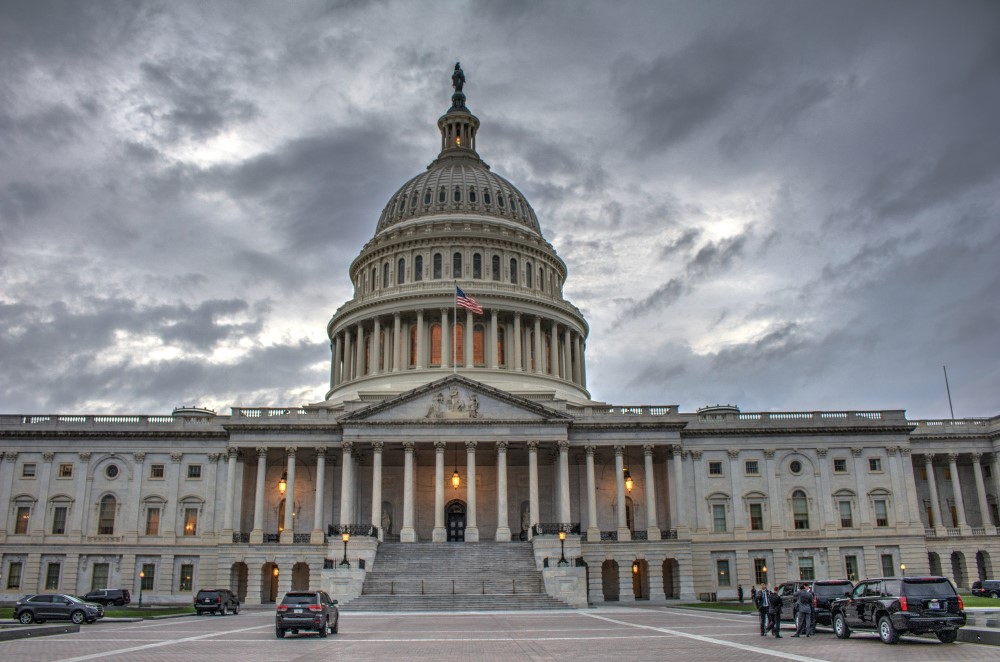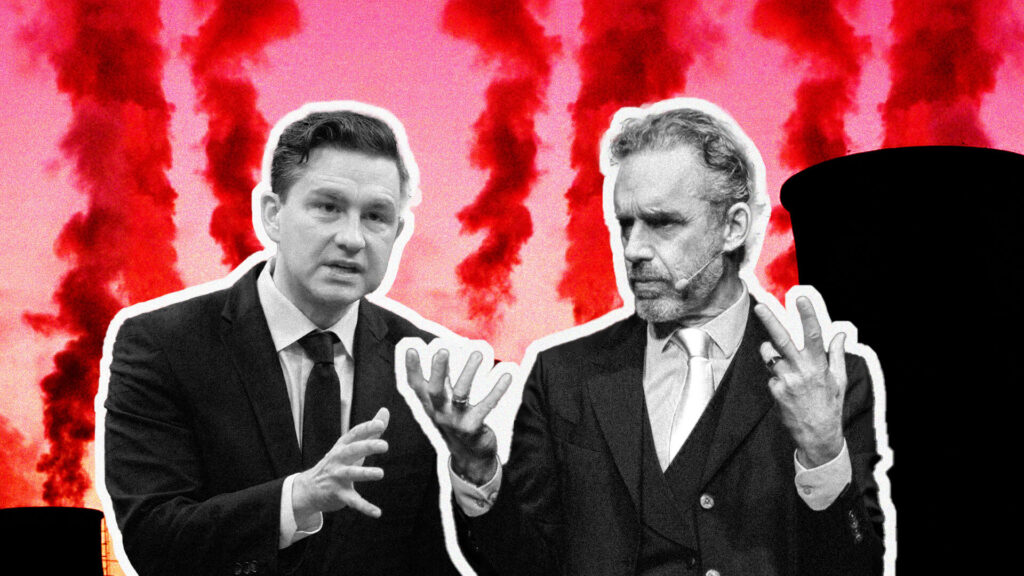US lobby groups representing the fossil fuel and automotive industries are world leaders when it comes to stalling government action on climate change, new research shows.
Of the top 10 trade associations considered to be the most effective at opposing climate-friendly policies globally, seven are based in Washington DC, according to a report published this week by lobbying watchdog InfluenceMap.
Many of the organisations, which include the American Petroleum Institute and the Alliance of Automobile Manufacturers, have had their wishes granted since President Trump’s election. As part of a broader deregulatory agenda, the Trump administration has scrapped regulations on methane emissions and automotive fuel efficiency standards.
Analysis by the NYU School of Law’s State Energy and Environmental Impact Center suggests these regulatory rollbacks will add an estimated 200 million tonnes of extra greenhouse gas emissions annually by 2025.
The report coincides with a UN Climate Action Summit taking place in New York this week, which aims to strengthen countries’ emissions reduction plans, with an overall goal of “net zero” by 2050.
Fighting climate action
The lobby groups highlighted in the report have been working to undermine efforts to introduce climate policies since long before Trump’s election, however.
The National Association of Manufacturers, which tops the list, coordinated the now-defunct Global Climate Coalition, which tried to influence the UN’s IPCC process and spread doubt about climate science during the 1990s.
In 2009, the American Petroleum Institute and the American Fuel & Petrochemical Manufacturers funded rallies against the proposed Clean Energy Act which would have established a “cap-and-trade” emissions scheme across the country.
The National Mining Association currently runs an astroturf campaign called ‘Count on Coal’, while the American Legislative Exchange Council (ALEC), a recipient of Koch and ExxonMobil funding, has developed numerous “model bills” for states to adopt over the years. They include opposition to renewable energy targets and support for the controversial Keystone XL tar sands pipeline.
Three trade associations from other countries feature in the top 10: the Canadian Association of Petroleum Producers, the Minerals Council of Australia and the Japan Business Federation. BusinessEurope, a coalition of trade federations that has opposed the EU increasing its action on climate change, sits at number 12.
InfluenceMap argues that while the groups have so far managed to avoid significant public scrutiny, they are being “increasingly challenged by investors, the media and politicians that recognise the role they play in holding back effective action to mitigate greenhouse gas emissions.”
Beau O’Sullivan, Communications Manager at the shareholder activism charity ShareAction, said the findings reinforce growing calls for companies to sever ties with organisations working to kill off strong climate policies:
“This report rightly quantifies the insidious nature of the anti-climate lobby powerhouse. Investors are indeed alert to this and are taking action.”
“Most recently, investors have filed an ambitious shareholder resolution at mining company BHP to ask it to cut ties with the worst offenders in obstructive lobbying, namely the Minerals Council of Australia, Business Council of Australia, and US Chamber of Commerce. Voting for this proposal will be a real test of investor action.”
Ed Collins, Project Lead on Climate Lobbying at InfluenceMap, told DeSmog the trade associations were also “facing increasing pressure from more progressive parts of their membership”.
“We are at a crucial time for climate action. But against a backdrop of huge public concern around climate change and increasingly dire warnings from scientists, these trade groups continue to frustrate progress on climate policy, especially in the US, which should be leading the world in terms of climate ambition,” he said.
Subscribe to our newsletter
Stay up to date with DeSmog news and alerts







